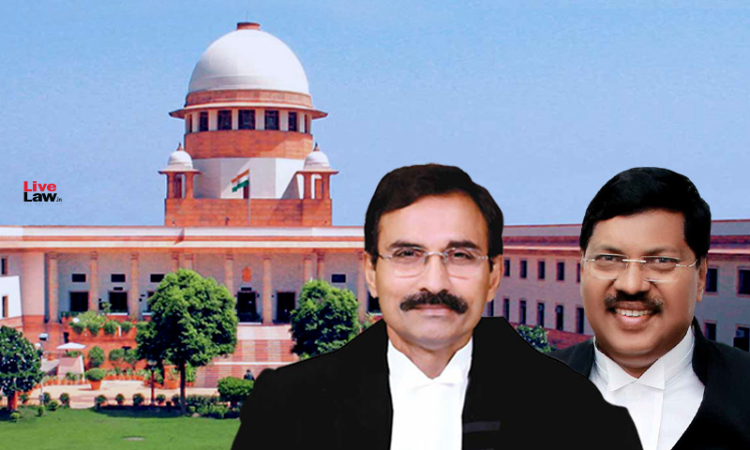Consent Decree Cannot Be Modified/Altered Unless The Mistake Is A Patent Or Obvious One: Supreme Court
LIVELAW NEWS NETWORK
4 Feb 2022 4:59 PM IST

Next Story
4 Feb 2022 4:59 PM IST
The Supreme Court has held that a consent decree cannot be modified/ altered unless the mistake is a patent or obvious mistake. Or else, there is a danger of every consent decree being sought to be altered on the ground of mistake/ misunderstanding by a party to the consent decree, the bench comprising Justices L. Nageswara Rao and BR Gavai observed.The court observed thus while disposing...
